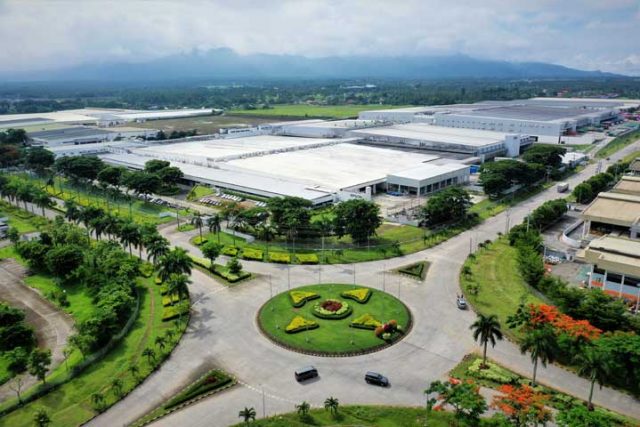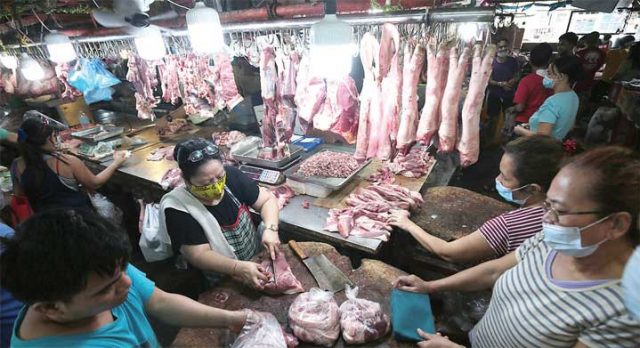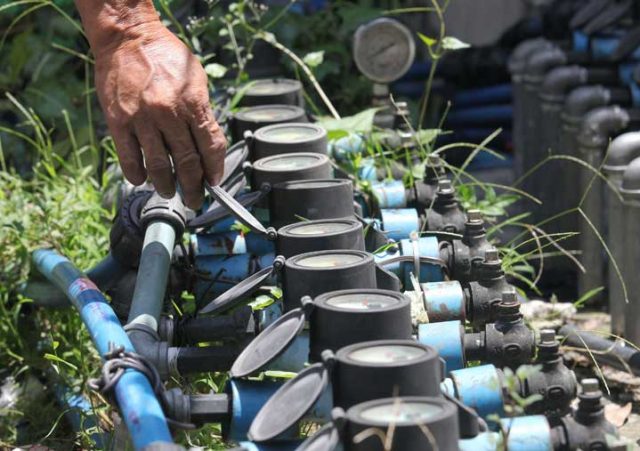PH Resorts moves to raise capital for casino venture
PH Resorts Group Holdings, Inc. is set to sell shares through a private placement to raise funds for its resort and casino project, the former water company acquired by businessman Dennis A. Uy disclosed on Thursday.
The placing and subscription transaction will involve the offer of 352,441,000 common shares with a par value of P1 apiece via a private placement.
The offer shares are owned by Udenna Corp. and will be sold at P1.70 each to qualified buyers. They will be procured by placement agents Unicapital, Inc., Abacus Capital & Investment Corp., and China Back Capital Corp.
Udenna will then use the proceeds to subscribe to the same number of PH Resorts primary shares for the same price. These will then be the subscription shares.
“The company shall apply for the listing of the subscription shares with the PSE (Philippine Stock Exchange) as soon as practicable,” PH Resorts said, adding the company does not need to secure other regulatory approvals for the transaction.
Subscription shares will be issued on or about the closing date when the settlement of the offer shares is expected to occur.
“The placing and subscription transaction is estimated to close after the approval of the PSE of the special block sale and the cross of the offer shares using the facilities of the exchange, subject to the fulfillment of all conditions precedent,” the company said.
PH Resorts is expected to raise up to P599.15 million in total gross proceeds from the issuance of the subscription shares to Udenna.
“The placing and subscription transaction allows the company to raise capital in a most expeditious and efficient manner to partially fund the ongoing construction and development of Emerald Bay Resort and Casino project,” PH Resorts said.
If PH Resorts does not use the proceeds for the resort and casino project, these will be used for general corporate purposes, the company.
Following the transaction, Udenna will have an 82.40% stake from 86.59% in the company, with 6,000,237,228 shares. Meanwhile, PH Resorts will have a total of 7,282,017,027 common shares from 6,929,576,027 shares.
The transaction will increase the company’s public float to 17.5% from 13.3%, while its foreign ownership level will bump up to 4.56% from 3.75%.
Shares of PH Resorts closed unchanged at the stock market at P1.67 apiece. — Keren Concepcion G. Valmonte









